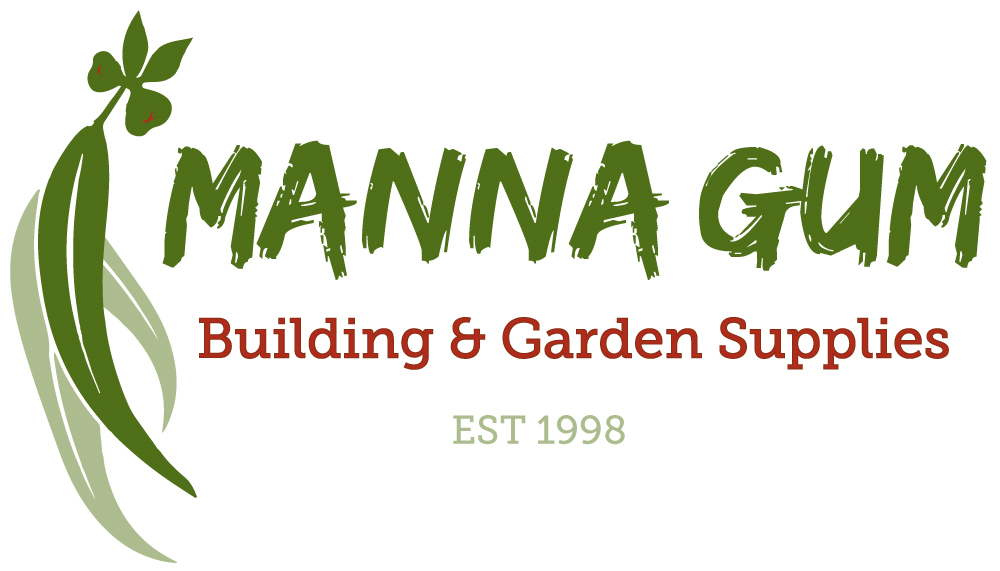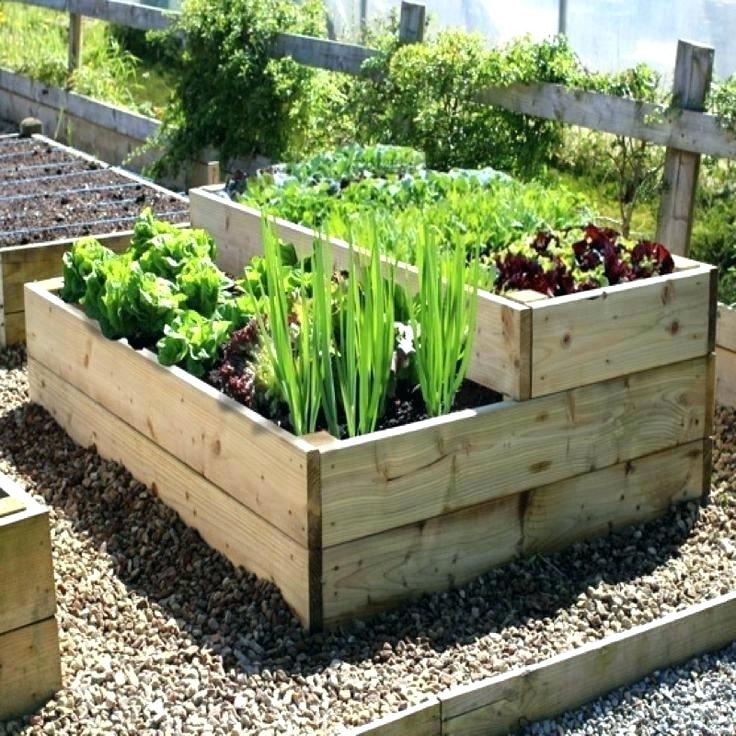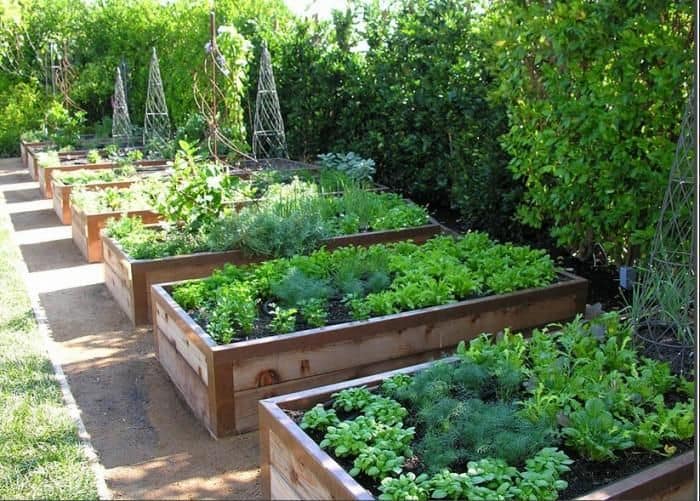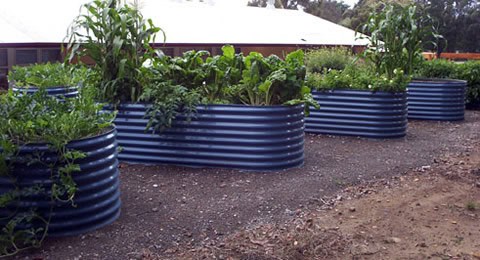As we all know, spring is the busiest time for gardeners in Melbourne. With the promise of warmer weather and longer days, it's the perfect season to breathe life back into your garden or veggie patch. Spring offers many opportunities to plant, nurture, and enjoy vibrant greenery and fresh produce.
This blog provides essential spring planting guide and tips ideal for gardeners, plant lovers, urban growers, and farmers living in Melbourne. You'll learn how to maintain your garden's success using premium soils, compost, and eco-friendly approaches.
Why Melbourne Gardeners Love Spring for Planting
Spring is when Melbourne gardens spring to life. The mild temps and rain make it the perfect time for plants and gardeners. It's a season of rebirth where flowers bloom, veggies grow and every corner of the garden seems full of possibility.
Melbourne's weather can be tricky but spring is generally a more predictable climate window. It makes it easier to plan and execute your planting. The fun of trying new varieties and seeing them grow is part of the gardening fun.
Spring Planting Essentials for Melbourne Gardens
To get the most out of your spring planting, start with a plan. Assess your garden space, consider sun, soil and water. It will help you work out what will grow in your conditions.
Invest in good-quality garden supplies. Well-balanced soil and fertilisers will make a big difference to plant health and yield. Consider premium blended soil or an organic veggie mix from a reputable supplier like Manna Gum.
Timing is everything. Melbourne's weather can be tricky, so make sure you align your planting with the local climate. Early spring is best for hardy varieties. More sensitive plants wait until the frosts have passed.
How to use premium soil for a thriving veggie patch
A healthy veggie patch starts with good soil. Premium soils are designed to give your plants the perfect balance of nutrients, drainage, and aeration to get them off to the best start.
They are especially good for urban gardens where soil quality can be compromised.
Choose a soil mix that suits your gardening goals. For veggie gardens, choose a mix like Manna Gum's veggie mix, which supports strong root growth and healthy growth. This soil type has the perfect pH balance and lots of organic matter.
Don't forget to factor in soil health when measuring your garden's success. Using good soil consistently will give you more robust plants that can tolerate pests and diseases and a more enjoyable gardening experience.
Why Organic Compost in Your Spring Garden
Organic compost is a gardener’s Bestfriend. It adds nutrients to the soil, retains moisture, and encourages beneficial microbe activity. By composting you create a cycle of soil fertility that reduces the need for chemical fertilizers.
Composting is also good for the planet. It recycles kitchen scraps and yard waste and reduces landfill and greenhouse gas emissions. Adding organic compost to your garden helps with sustainability and saves the planet.
Regular application of organic compost can lead to healthier plants and increased yields. It enhances soil structure, making it easier for roots to penetrate and absorb nutrients. It leads to more robust plants, abundant blooms, and tastier, more nutritious produce.
When to Plant in Melbourne's Climate
Timing is everything in Melbourne's climate. Knowing the local weather patterns will help you decide when to sow or transplant.
Start by checking local forecasts and historical weather data. Use that to create a planting schedule that matches the temperature and rainfall patterns. For example, plant cool-season crops in early spring and warm-season crops as the temperature rises.
Be flexible and adapt to the weather. Some seasons may arrive early or late and throw out your plans. Being informed and prepared will let you adjust your strategy to save your garden.
Natural Fertilisers to Boost Your Garden Without Chemicals
Choosing natural fertilizers over chemical alternatives offers many benefits. Natural options, such as blood and bone, manure, and organic compost, work harmoniously with the soil ecosystem, enhancing plant health without the risk of harmful residues.
Natural fertilizers support long-term soil fertility. They release nutrients slowly, ensuring a steady supply over time. This gradual release promotes sustainable plant growth and reduces the risk of nutrient leaching into local waterways.
Incorporating natural fertilizers into your garden routine encourages biodiversity. These products attract beneficial insects and microorganisms that play a crucial role in maintaining ecological balance. A vibrant, diverse garden is more resilient to pests and diseases, reducing the need for chemical interventions.
Raised Garden Beds vs. Containers: Which is Better for You
Choosing between raised garden beds and containers depends on your available space, budget, and gardening goals. Both options offer unique benefits and can be effective solutions for urban and small-space gardeners.
Big beds have plenty of room to grow and drain. Good for bigger gardens or bad soil. Raising the soil makes it easier to get to and less strain when planting and maintaining.
Container gardening offers flexibility and portability. It's perfect for balconies, patios, and other limited spaces. Containers allow you to quickly move plants to optimize sunlight exposure and protect them from harsh weather conditions.
Evaluate your needs and resources to determine which option is best suited to your situation. Consider factors like the types of plants you wish to grow, the level of effort you can commit to maintenance, and any physical limitations.
Plan Your Garden Layout for Optimal Sunlight and Water Access
A well-planned garden layout maximizes the benefits of available sunlight and water. Start by analyzing your garden space to identify areas with consistent sun exposure. It will guide your planting decisions, ensuring each plant receives the light it needs.
Design with efficiency in mind. Group plants with similar water and sun requirements together. It makes watering easier and creates microclimates for healthy growth.
Incorporate water-efficient practices into your layout, such as drip irrigation systems and mulching. These techniques help conserve water and maintain consistent moisture levels, reducing plant stress.
Companion Planting and Natural Pest Control Techniques
Companion planting leverages the natural relationships between plants to enhance growth and deter pests. By strategically placing certain plants together, you can create a balanced ecosystem that promotes plant health and productivity.
Select companion plants that complement each other's growth habits. For example, growing marigolds alongside tomatoes can deter nematodes, while basil planted near peppers can improve flavour and growth.
Integrate natural pest control methods into your garden maintenance routine. Plant nectar-rich flowers to encourage beneficial insects, such as ladybugs and bees. These allies help control pest populations, reduce the need for chemical treatments, and support biodiversity.
Keep a Journal for a Great Growing Season
A journal is good for tracking progress, recording notes, and planning for the next time. Writing down your experiences helps you see patterns, successes, and areas for improvement so you can have a more productive and enjoyable gardening experience.
Use your journal to track planting dates, weather, and performance. Note any problems you have and the solutions you try. This will inform your decisions and fine-tune your gardening over time.
Look back on your journal regularly to celebrate and learn from failures. Writing it down helps you get closer to your garden and your gardening.
Spring is a time of change and growth for Melbourne gardens. Follow this spring planting guide, and you'll be set to create and maintain a garden or veggie patch. Get the good stuff, premium soils, and organic compost to support your plants.
For all your gardening needs visit Manna Gum where you'll find soil and compost to fertilizers. Our team can help you achieve gardening success, no matter what your skill level.
With careful planning, sustainable practices, and a commitment to ongoing learning, your Melbourne garden can flourish all season long. Happy planting!



